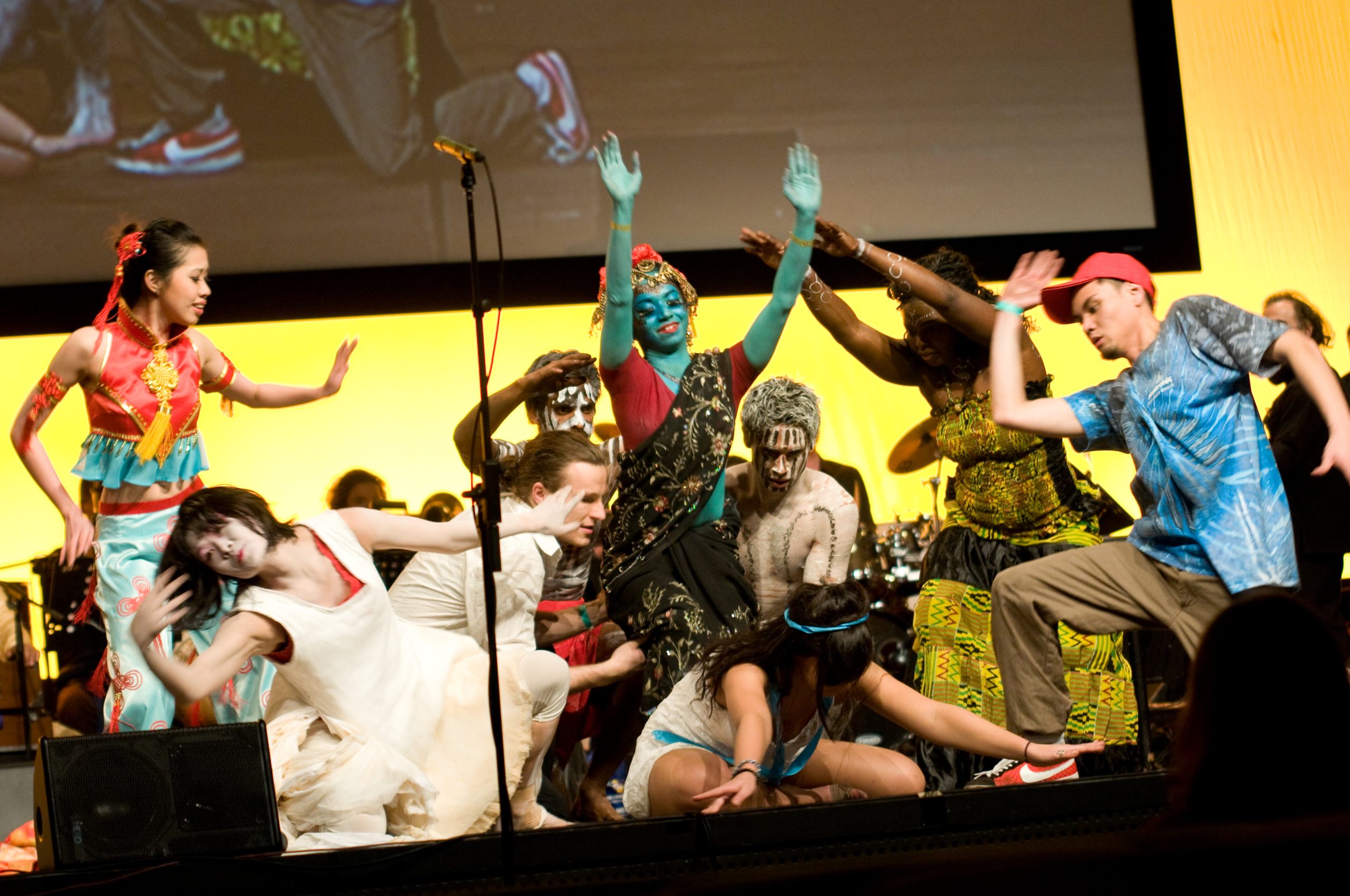
It’s that time of year again, where arguments rise, some vocalise their dissent, others vocalise their dissent to the dissent, and others fear saying the wrong thing.
Australia Day has been celebrated as a national public holiday on 26 January since 1994, and marked by some Aboriginal people as a Day of Mourning since 1938. The date commemorates Arthur Phillip planting the British flag at Warrane (Sydney Cove) in 1788 to claim the area as a British penal colony.
As a cultural entrepreneur vested in understanding identity, I’ve realised that at this stage of the annual Australia Day debate, respectfully listening to each other is more important than the date itself. The more we come together in safe spaces to discuss issues like Australia Day, the more we will realise they are small compared to the challenges facing Australia and the whole of humanity.
Many Australians still see Australia Day as a joyful occasion to celebrate our lives here, but it is a lightning rod for the intergenerational trauma and multiple profound griefs, tensions and resentments within Australian society. I have advocated for underrepresented people all my career, and was well aware of growing community concerns about the appropriateness of 26 January as a day of celebration when from 2004 to 2012 I directed and produced full-scale Australia Day concerts in Melbourne.
Our most underutilised resource is our collective cultural heritage, often referred to as cultural diversity, which exists in dynamic but undervalued communities across Australia. How can we bring everyone along to appreciate these riches and be more receptive, empowered, even enthralled by change? These are ideas and challenges I tried to tease out in the many Australia Day concerts I produced and that still fuel my professional work.
There is nothing more painful than social division, and most people have an intuitive sense of this and wish for healing, but does everyone realise the extent to which a monocultural approach cannot work? The most recent census data tells us that only 44% of Australians now identify as Christian. The decline is dramatic: in 1991, this figure was 61% and in 1966, it was 88% – but do we accordingly update our perception of who we are? We need an accurate picture of ourselves to ensure the best decisions are being made for our society and our economy.
While the Liberal–National Coalition were in government from 2013 to 2022, they labelled those wanting to change the Australia Day date ‘a tiny minority of people’ attempting to ‘bully’ the government and guilty of ‘indulgent self-loathing’. As institutions as venerable as Cricket Australia distanced themselves from 26 January, in 2019 the then prime minister Scott Morrison changed the Australian Citizenship Ceremonies Code, making councils hold the ceremonies on Australia Day or lose the right to hold them.
It was an unhelpful development. Social groups that thrive behave in inclusive ways. If someone has a special need, they make provisions for that person. Democracies are no different. Every democracy includes a system of checks and balances, such as human rights commissions, that ensure minorities are protected and not oppressed by the majority.
Human cultures constantly change. National days are losing relevance as more people move around the globe. Citizenship ceremonies are important, but it’s unnecessary to link these events to historical dates, let alone a national day. In fact, we need citizenship ceremonies to take place many times a year. In the last census, for the first time in years the amount of citizenship applications dipped below 100,000. We need to welcome more migrants more often from more places to revitalise our economy.
The Albanese government has now enabled citizenship ceremonies to take place from 23 to 29 January, and Network Ten has chosen not to recognise 26 January as Australia Day. Both these decisions attracted predictable and swift backlash from people attached to the 26 January date. Those who defend 26 January tend to have megaphones, but maybe we need to listen more intelligently to their voices and find out what they need to feel safe in our ever-changing society.
The biological mechanism of fear has evolved in every one of us over a 200,000-year period and is not easily overcome. How we deliberate Australia Day is essential to our cultural wellbeing. Beneficial dialogue is not necessarily based on agreement but on mutual respect. If we avoid blaming, name-calling and shaming each other, if a nuanced understanding of and respect for the vast range of views that form our collective can be the foundation of dialogue, we will be able to tackle the issues. Otherwise, the controversy and divisions around this date will continue to fester. Whether we like it or not we are a collective: so let’s take a more sophisticated approach to our interactions and start acting like one.
Share this Post